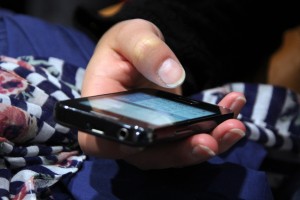
It is interesting to note that many people who say hateful things immediately run to the “freedom of speech” mantra when they are called out on it. This is the kind of dilemma that the law in Chicago has to contend with. In the worst-case scenarios, a successful case of defamation is brought to bear and there are significant consequences for the perpetrators. The internet has allowed for anonymous speech to prosper, and somehow people have forgotten their basic responsibility for common decency. On a daily basis, individuals and institutions are slandered and defamed on the internet in the knowledge that the fight back will be difficult or nearly impossible. The statute of limitations may protect those who count on the possibility that the victim will take an inordinately long to complain to the authorities.
Chicago Decides to Weigh in
For a long time, there was a misconception that you can only defame the rich and famous. Over time, the citizens of Chicago have recognized the fact that virtually everybody but the dead can be defamed and slandered. Moreover, the results of such actions can be quite serious, including the loss of employment and valued relationships. The court will normally deal with the plaintiff, defendant, and any other third parties. It is much harder to prove that you are affected by slander or defamation if you do not fall into the two principle parties in the cause of action. Indeed, there is a substantial body of case law to show that the courts are particularly careful to exclude unfounded causes that are based on some unproven pain and suffering.
 Chicago Criminal Lawyer Blog
Chicago Criminal Lawyer Blog



